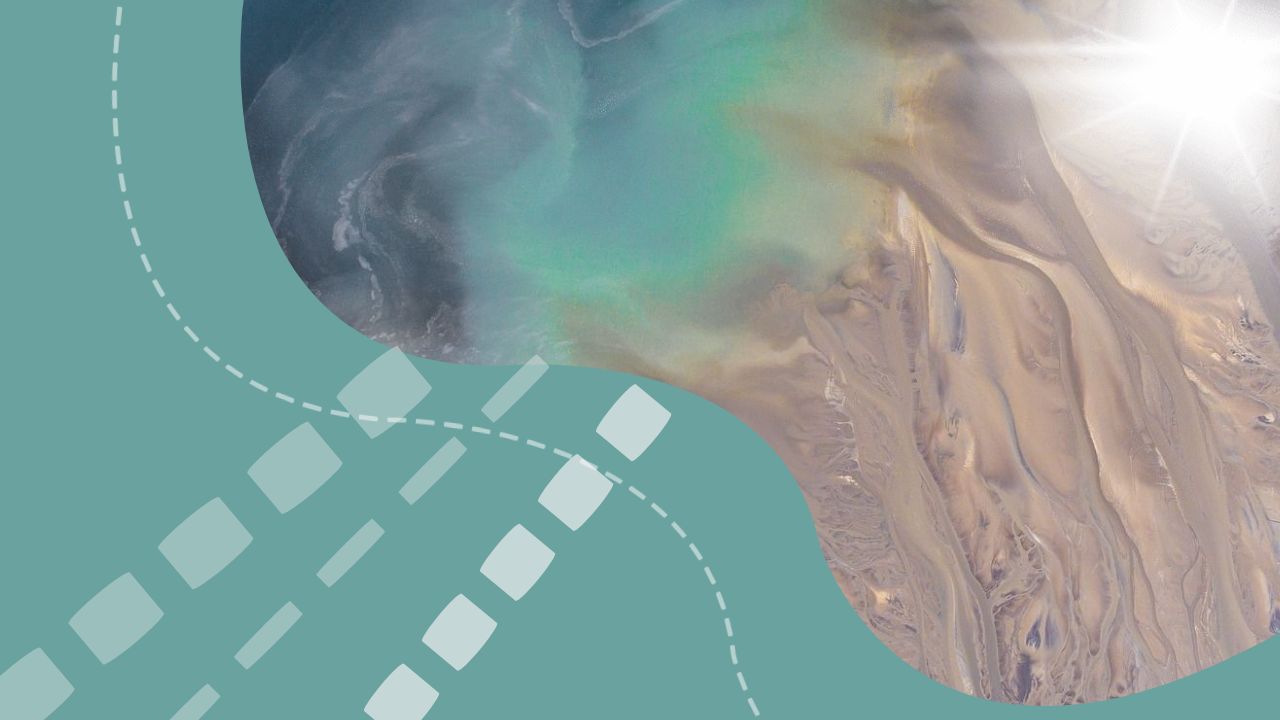Gabriel Resources Ltd., based in Yukon, Canada, once envisioned establishing a significant gold and silver mine in Romania’s Carpathian Mountains, a region steeped in mining history spanning over 2,000 years. However, its aspirations have hit a roadblock as the proposed mining area finds itself listed on the UNESCO World Heritage register, following an eight-year legal dispute with Romania that has clouded the company’s prospects.
The company’s trajectory serves as a cautionary tale, shedding light on the evolving dynamics surrounding resource extraction and the complexities of the global financial landscape. Gabriel’s focus for over a decade had been its arbitration claim against Romania at the International Centre for Settlement of Investment Disputes, seeking $4.4 billion in damages for hindering its mine project.
Investors had eagerly anticipated a resolution to the legal impasse, driving Gabriel’s stock price to double in recent months. However, sentiments quickly soured after the arbitration panel’s decision on March 8, rejecting Gabriel’s claim and awarding Romania $10 million in legal fees and expenses. The aftermath was swift and severe, with Gabriel witnessing one of the most significant single-day market cap losses for a Canadian junior mining company in recent memory.
Richard Brown, Gabriel’s CFO, refrained from commenting on the ruling, although the company criticized the decision, denouncing it as unjust and flawed. Despite contemplating an annulment, Gabriel faces financial uncertainty, with dwindling cash reserves and impending financial obligations.
Regardless of the outcome, Gabriel’s prolonged legal battle underscores the profound impact of investor protection treaties, which have ramifications on the global economy. Over the past two decades, Canadian investors have initiated numerous arbitration claims, reflecting a broader trend shaping international commerce.

